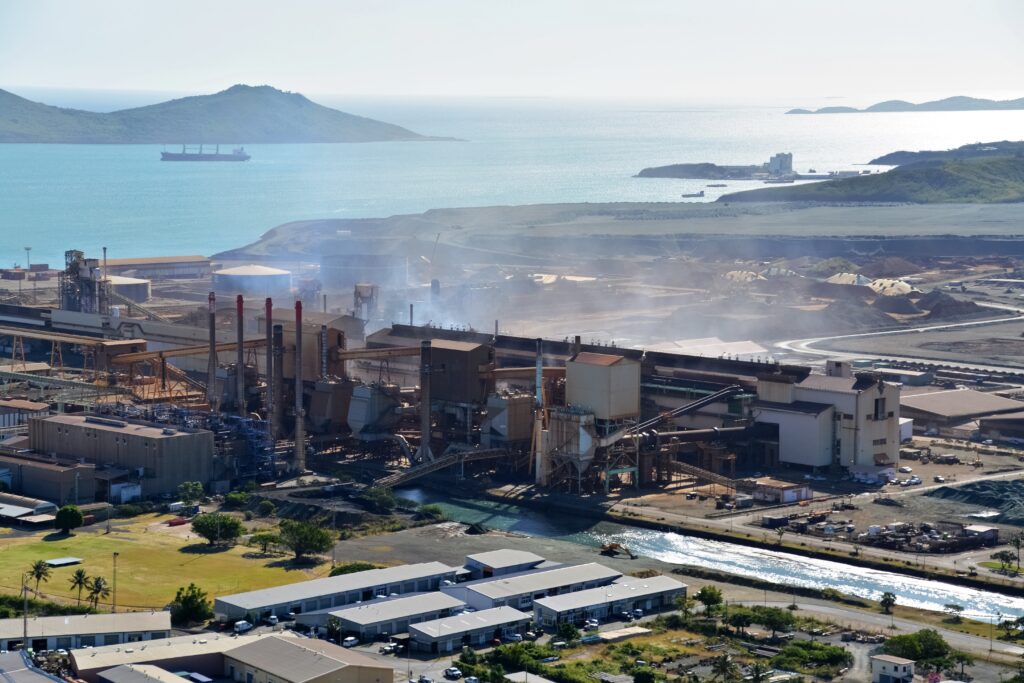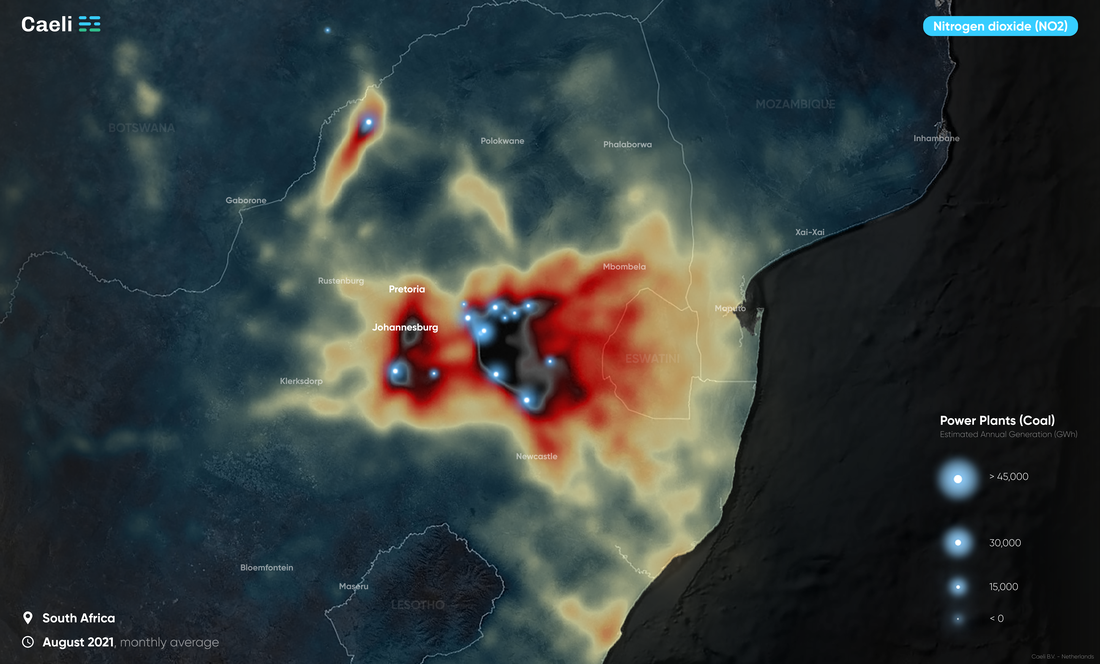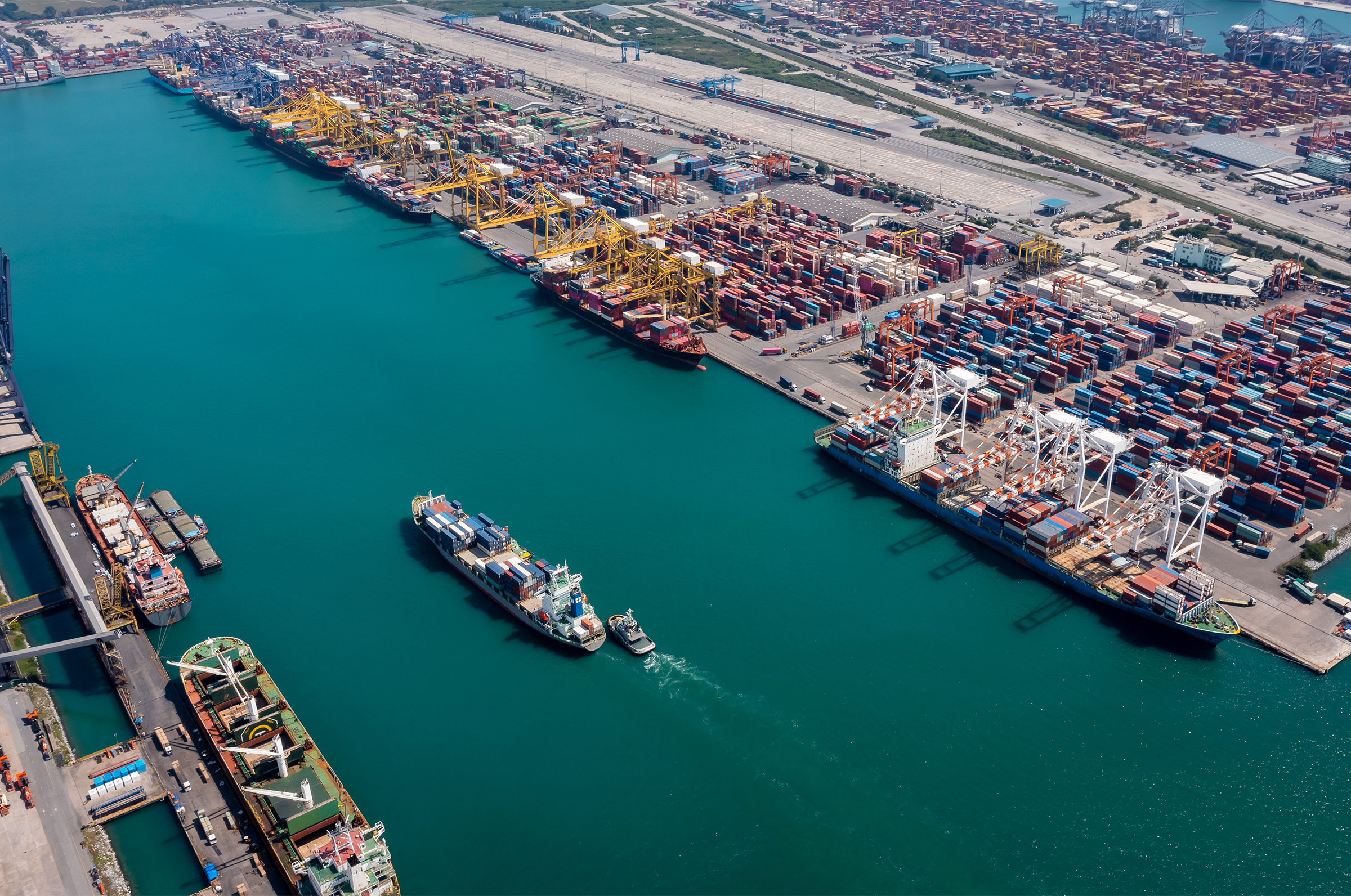The World Health Organization (WHO) has tightened its air quality guidelines for the first time in over fifteen years. These new standards aim to help reduce air pollution and associated health risks globally, but achieving these goals remains a significant challenge.
New WHO Air Quality Guidelines
The WHO, the United Nations’ leading organization for health and well-being, has tightened its air quality guidelines for the first time since 2005. Many countries are attempting to implement these guidelines, but most have not yet succeeded. Air quality in many regions remains far below the desired level.
Updated Standards for Particulate Matter and Nitrogen Dioxide
The tightened WHO guidelines focus primarily on nitrogen dioxide and particulate matter. The new limit for particulate matter is set at five micrograms per cubic meter, a reduction from the previous limit of ten micrograms per cubic meter. Additionally, the standard for nitrogen dioxide has been lowered from 40 to ten micrograms per cubic meter. If effectively implemented, these stricter guidelines could lead to a significant improvement in air quality in many cities. This is crucial for public health, especially in areas with high levels of pollution.
Impact on Public Health
This measure is also intended to help reduce the number of premature deaths caused by air pollution. Approximately 7 million people die each year worldwide due to the effects of air pollution, a staggering figure. Many people are unaware of these severe consequences. The WHO guidelines are a step in the right direction, but enforcement and compliance remain critical. Local governments and citizens must work together to improve air quality. For more tips on how you can contribute to better air quality, check out our clean air tips.



